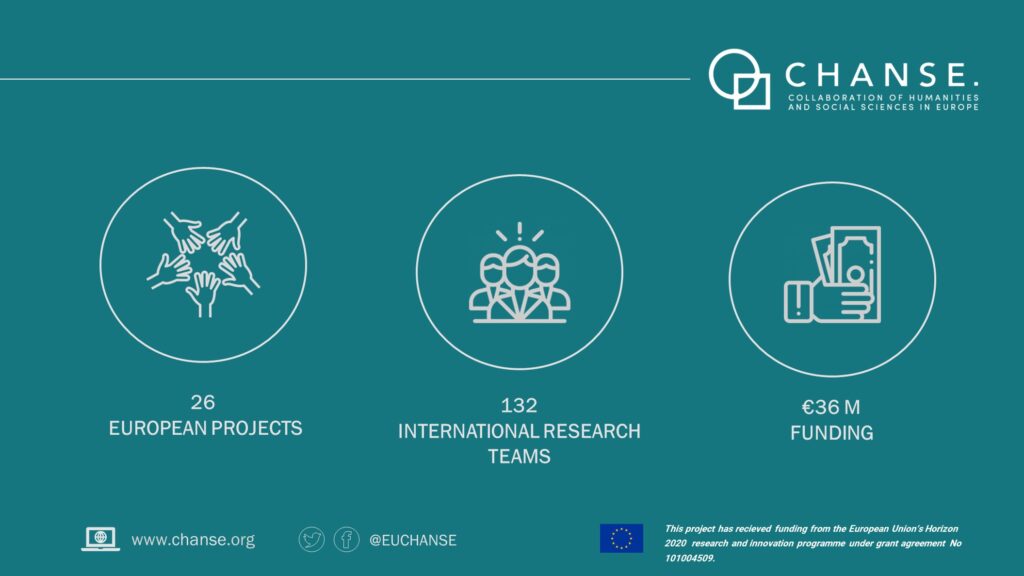The transformation of social relations resulting from the digitalisation of homes, the communication of knowledge about health in the 20th and 21st centuries and challenges for work safety in times of digital transformation will be addressed by researchers awarded in the CHANSE Call.
CHANSE (Collaboration of Humanities and Social Sciences in Europe) is pleased to announce that 26 international projects have been selected for funding in the Call: Transformations: Social and cultural dynamics in the digital age, including two topics:
– Cultural Transformations in the Digital Age,
– Digitalisation and Social Transformation.
The aim of launching the CHANSE Call was to fund high quality research responding to current social and cultural challenges and to inspire collaboration between researchers and various stakeholder groups, such as NGOs, cultural institutions, schools and many others. The call received an enthusiastic response from the research community in the social sciences and humanities. 366 outline proposals were submitted by research teams composed of at least 4 Principal Investigators from minimum 4 different countries, out of which 90 were invited to the second evaluation stage. Finally 26 projects were selected for funding. With the support of the European Commission, CHANSE will invest € 36 million in projects exploring subjects ranging from conspiracy theories, public service media and public health in the 20th and 21st centuries to digital death.
The full list of selected projects
One of CHANSE’s goals is to promote the principle of equal participation of women and men in the research teams, which was applied to the selection criteria for applications recommended for funding. Among projects ranked ex-aequo on the ranking list, priority was given to those with the most gender-balanced composition of the research team. Another important priority of the Programme is to enhance the participation of countries where the level of research and innovation is lower than the EU average (the so-called widening countries). In the group of 27 agencies that created CHANSE, as many as 12 are from the widening countries. Additionally, some of them perform important roles in the Programme as task leaders – ETAg (Estonia) and UEFISCDI (Romania), and the coordinator – NCN. CHANSE strives to ensure inclusiveness in research not only at the application selection stage, in which the widening factor was as important as the gender balance criterion, but also at the initial stage of the formation of research groups. Researchers from all countries were offered the Partner Search Tool, which is aimed at facilitating the establishment of international project consortia, which also fostered cooperation with partners from the widening countries.
CHANSE is an ERA-NET Programme bringing together 27 research funding organisations from 24 countries. The Programme builds on the experience of two existing networks: HERA (https://heranet.info/) and NORFACE (https://www.norface.net/) supporting research in humanities and social sciences respectively.
Contact: [email protected]
